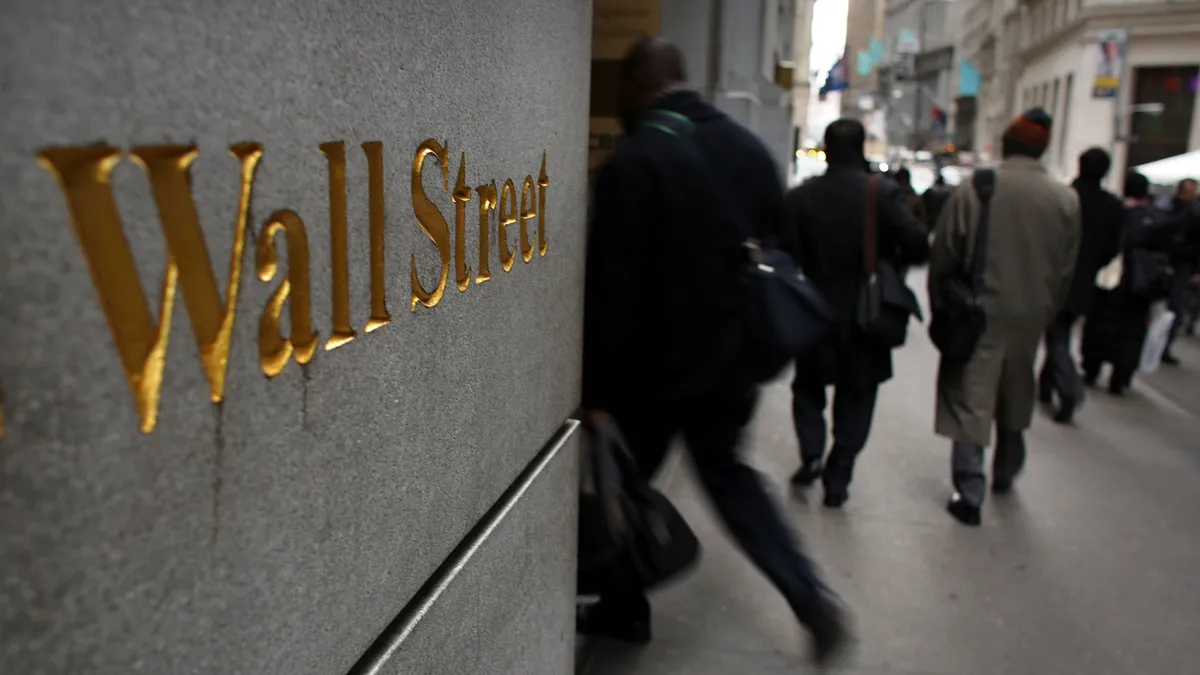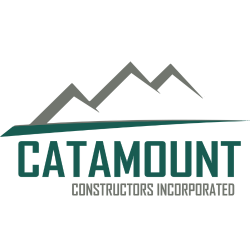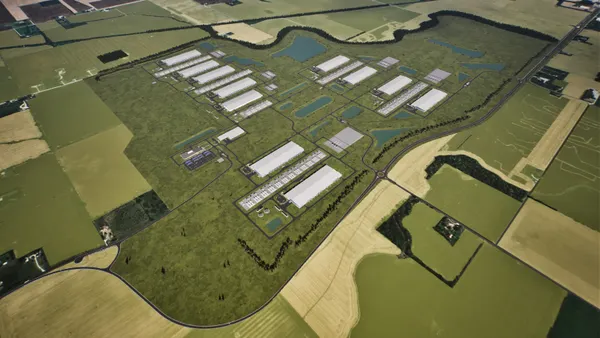Jacobs’ CEO Bob Pragada said he remains optimistic in the face of tariffs, political change and economic global uncertainty during the contractor’s recent second-quarter earnings call.
“Overall, our business remains well positioned, with infrastructure and consulting services in high demand and opportunities to capitalize on secular growth trends in front of us,” Pragada said.
The chief of the Dallas-based contractor indicated in Q1 that infrastructure and advanced facility segments remained a strong performance area for the firm. He reaffirmed that stance in Q2, despite continuing changes in the economic and political landscape.
“The impact related to the rollout of the Department of Government Efficiency, or DOGE, has so far been de minimis, and we continue to anticipate growth opportunities with the U.S. Department of Defense,” Pragada said. About 9% of the firm’s total revenue comes from U.S. federal infrastructure and related services tied to DOD engagement.
When it comes to tariffs, Pragada said, “we remain focused on supporting our clients as they assess potential supply chain challenges. Our client-centric model built on redefining the asset life cycle will create opportunity to add value as our clients navigate this period of uncertainty.”
Pragada acknowledged that tariffs have the potential to raise materials prices, which can cause clients to delay new projects, but they have also altered supply chain scenario planning and provided Jacobs with consulting work.
“Just remember, a lot of these tariffs have not happened,” Pragada said in reference to the seesawing schedule of levies. Jacobs presents clients with various options should they occur, which “has created a bit of some consulting and advisory work for us to be in the middle of this.”
By the numbers
Jacobs reported $11.2 million in profit for the three-month period ending March 28, a nearly 88% decrease from its earnings in the same period a year prior.
Revenue for the period amounted to $2.9 billion, a 2% increase from Q2 2024. In addition, the firm’s backlog grew by 20%.
CFO Venk Nathamuni attributed some of the decline in earnings to adverse effects from an interim ruling against a consolidated joint venture in which the company holds a 50% interest. But Nathamuni said the firm was still able to offset the impact and predicted it would be able to meet full-year goals.















